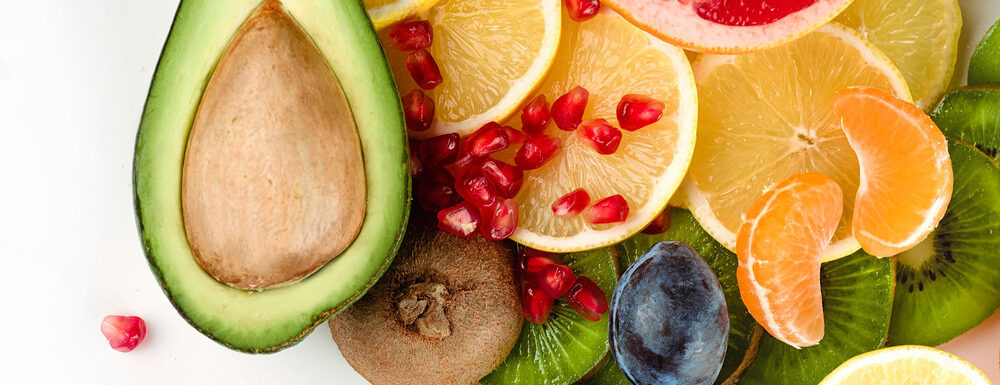TMJ, which stands for temporomandibular joint, can cause discomfort and pain and limit how much you can move your jaw. This can make speaking and eating difficult or impossible. According to the National Institute of Dental and Craniofacial Research, a recent study discovered that 11 to 12 million adults nationwide had TMJ pain. There are several things you can do to help manage TMJ disorders and make these daily tasks easier. Incorporating nutrition into your TMJ care plan is crucial to minimize discomfort.
Inflammatory Foods
TMJ disorders can include inflammation and pain, which makes discomfort worse. However, you can help fight inflammation by eating fewer foods that are known to cause it. Fried foods and fast food options can make inflammation worse. Instead, opt for more fresh foods and home-cooked meals made with fresh ingredients to help decrease inflammation.
Anti-Inflammatory Foods
Eating the right foods can also help you naturally fight inflammation. You should avoid foods known to cause inflammation and incorporate foods that help fight inflammation for the best results. Leafy greens, olive oil, and berries are naturally anti-inflammatory foods. They can help fight inflammation throughout the body, including in people with TMJ disorders.
Vitamins and Nutrients
Vitamins and nutrients are crucial in ensuring bone and joint health. Calcium and Vitamin D are known to support strong bones, making them an essential part of TMJ care. Magnesium helps relax muscles, which can help relieve the discomfort that comes with TMJ disorders. However, discussing supplements with your doctor before taking them is essential, especially if you’re currently on any medication.
Hydration
You can be mildly dehydrated for days or weeks and not realize it. Mild dehydration can make your muscles feel stiff and make it hard to move correctly. That’s because hydration helps keep joints adequately lubricated. Water can help your entire body function properly. Drink plenty of water throughout the day. Eat fruits and vegetables packed with water, like watermelon, to meet your hydration goals.
Diet Advice
There are several other things you can do to help minimize symptoms. Avoid foods that require excessive jaw movement, such as chewing gum. Certain foods can trigger symptoms, such as hard foods, caffeine, and alcohol. Take small bites to reduce the work your jaw has to do to chew food properly. Focus on foods that are packed with vitamins and nutrients.
TMJ Care Tucson understands how vital TMJ care plans are to ensure you can enjoy life. Our professional team will work with you to develop a plan that minimizes symptoms. Contact us today to schedule your appointment.

